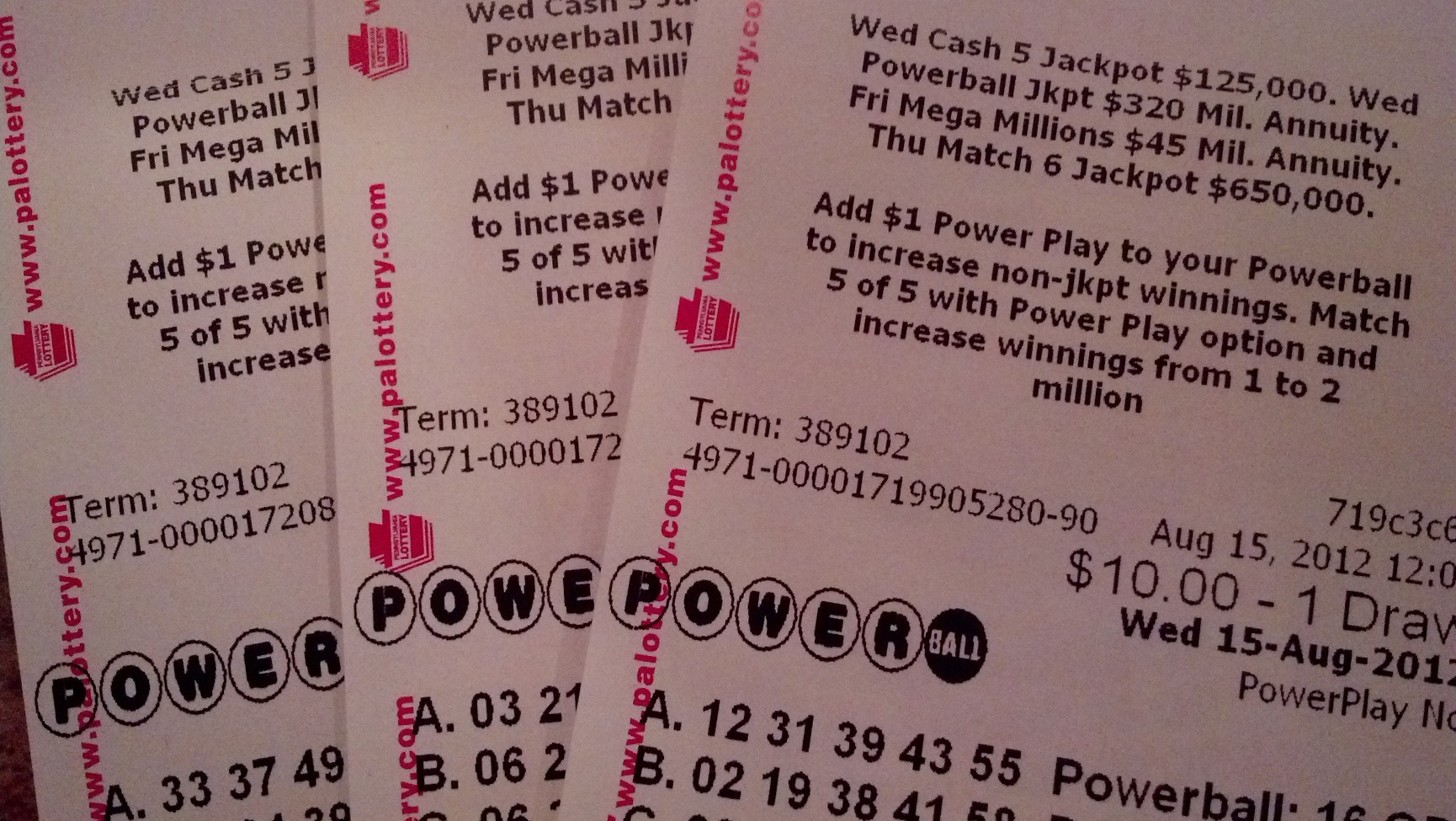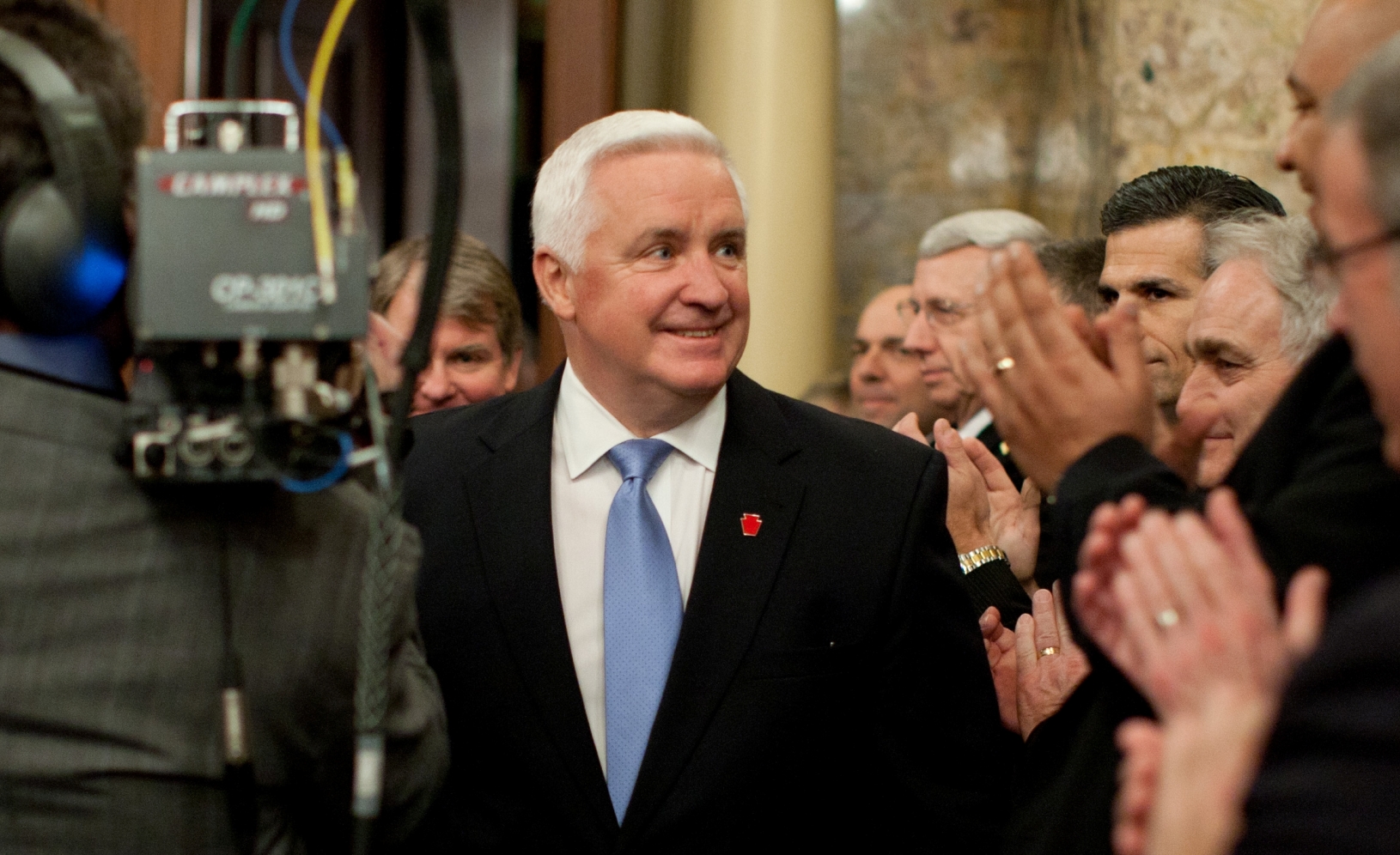Administration Answers Lottery Questions, Bidder Discusses Plan
Details of the Corbett administration’s plans to privatize Pennsylvania Lottery management became clearer at a public hearing convened Monday by the Senate Finance Committee. As the administration seeks to finalize a 20-year, $34-billion dollar deal with Camelot Global Services, Revenue Secretary Dan Meuser did his best to put many of the lingering questions to rest. “Under the Private Management Agreement, the Commonwealth will maintain ownership and all control of all aspects of Lottery operations, at all times,” he stressed to the panel.
Pennsylvania’s aging population is the driving force behind the effort to put a private sector company in charge of the Lottery’s day-to-day operations. With PA’s senior citizen population skyrocketing, Meuser says Lottery funding could fall short of demand as early as 2015. The numbers have led the Corbett administration to explore private management as a way to guarantee steady growth in the Lottery Fund.
11-months of work resulted in one bidder, but chief negotiator Pete Tartline says two other companies dropped out of the process, in part, because the Commonwealth was asking for too much in return. “Yes, this is a sweetheart deal. It’s a sweetheart deal for Pennsylvania’s seniors,” Tartline said as he explained that Camelot did not know it was the only bidder in the end.
The public hearing was held three days after the Corbett administration issued a “notice of award,” which officially ended the procurement process. While there’s no binding contract in place yet, Camelot Global Services also appeared in Harrisburg to answer lawmakers’ questions. “Millions of people playing, spending relatively small sums of money, is what we believe has been the key to our success in the UK,” says Camelot Global Services CEO Diane Thompson. Camelot has run the United Kingdom’s Lottery since its inception 18-years ago, however they plan to locate their Pennsylvania operations in the Keystone State and pay the applicable Pennsylvania taxes.
When the contract is signed, which could be soon, officials say the Attorney General will have 30-days to review it. Final exeuction of the contract will be followed by a six month transition period.
The state worker union, which represents about 175 Lottery employees, is filing suit to block the deal. “None of us have seen Camelot’s proposal. None of us understand the rush to sell our most successful operation without a vetting process, and none of us want profits skimmed off senior programs to pad the pockets of foreign CEOs,” AFSME Council 13 Executive Director David Fillman told the committee. Given the same opportunity to expand Lottery options, Fillman believes the current structure can beat Camelot’s profit estimates by 10 – 30%.











